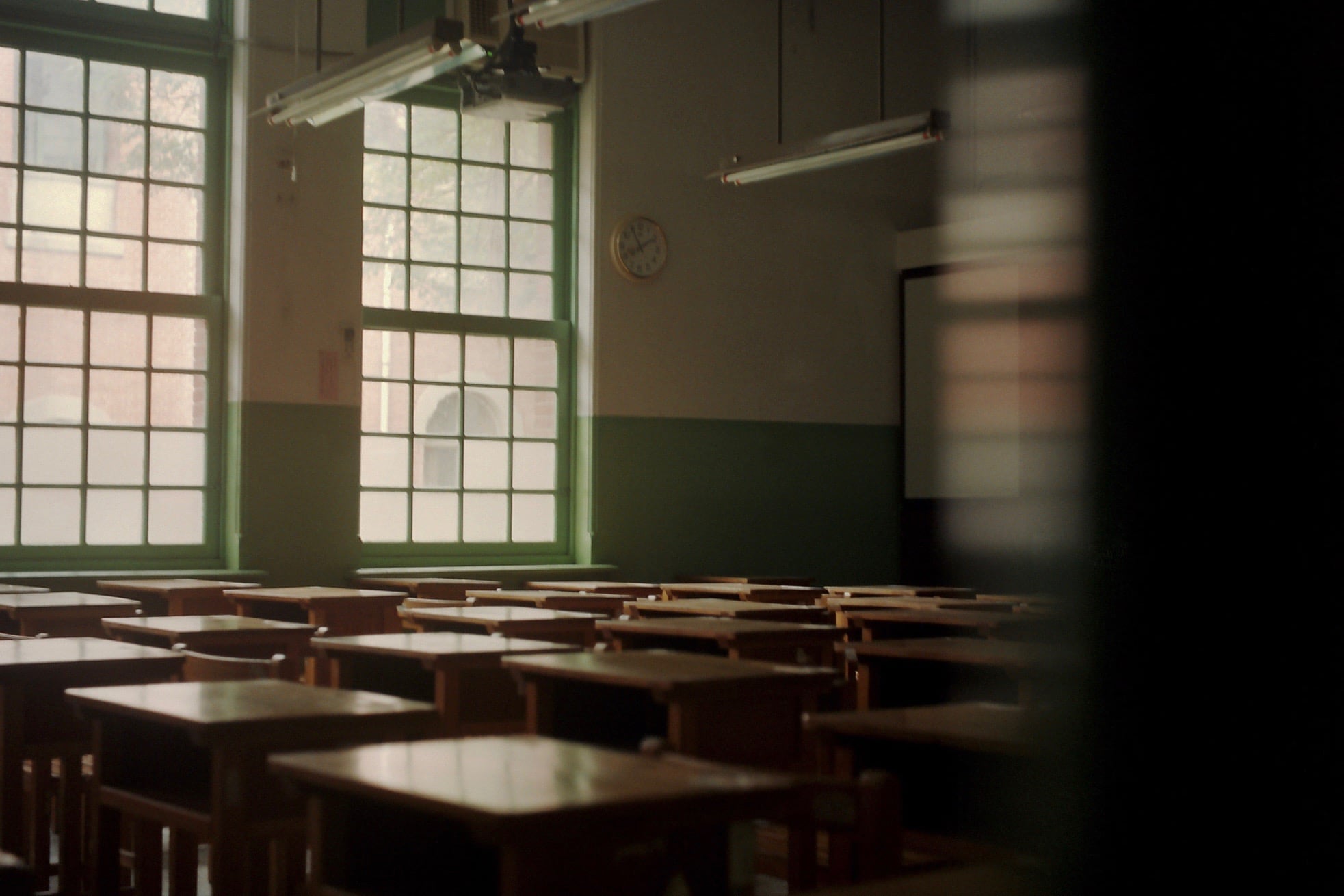Sign up for Chalkbeat Colorado’s free daily newsletter to get the latest reporting from us, plus curated news from other Colorado outlets, delivered to your inbox.
Colorado lawmakers rejected a bill Wednesday that initially set out to ban seclusion in schools, which is the practice of shutting a student in a room alone.
Lawmakers said seclusion is a complicated topic and that even after extensive amendments, the bill didn’t strike the right balance between educators who said seclusion is a necessary practice and parents who told vivid stories of its misuse.
The sole sponsor of House Bill 1178, Democratic state Rep. Regina English, had compared seclusion to incarceration and said it was “reminiscent of the slave pens of our past.”
But after pushback from educators who described seclusion as a “last resort,” an “important tool,” and a “safe and caring option” that can prevent staff from having to physically restrain students, English introduced an amendment that was an attempt at compromise.
Instead of banning seclusion, the amendment sought to cement current seclusion rules in state law. Those rules say seclusion should not be used as a form of discipline and require school staff to monitor students placed in seclusion through a window or by video camera.
Even with the amendment, the House Education Committee killed the bill in a 2-11 vote.
“There’s still a lot of work that needs to be done going forward,” said Rep. Tammy Story, a Conifer Democrat.
Seclusion is defined in Colorado law as placing a student in a room and blocking them in. It’s only supposed to be used in emergency situations, but it’s impossible to know if that’s the case. A loophole in state law that legislators and advocates say was unintentional has meant that there is almost no public data about seclusion.
What little data there is shows that seclusion happens most often to elementary-aged children with disabilities that affect their ability to regulate their emotions.
The initial version of House Bill 1178 would have required the state to collect data on seclusion and banned it. A different bill, House Bill 1284, would close the data reporting loophole without a ban. House Bill 1284 has passed the House and is now in the Senate.
English repeatedly said her initial bill to ban seclusion would not have prohibited educators from inviting students to use a de-escalation room. The difference, she said, is that students go to a de-escalation room voluntarily and are not shut inside alone.
“We have a moral and legal duty to ensure our schools are places of learning, not prisons,” English, a Colorado Springs Democrat, said at a bill hearing last month.
But several lawmakers who are new to the House Education Committee this year — and who previously worked in special education — said that wasn’t realistic.
“A kindergartener who’s standing naked on top of a kindergarten table … and he’s yelling ‘I’m going to blow the f-ing school up you mf-ers’ on and on, he’s not in the frame of mind for me to invite him to the de-escalation,” Rep. Lori Garcia Sander, an Eaton Republican who previously worked as a teacher and school administrator, said at last month’s hearing.
Rep. Jacque Phillips, a Thornton Democrat and former teacher who now works as an attorney representing students with disabilities, said seclusion is sometimes the best option to protect students and preserve their dignity in times of crisis.
“When they take their clothes off, I do want them to be secluded,” Phillips said. “When they masturbate, I do want them to be secluded. When they spread feces with their hand, I definitely want them to be secluded. I had a student who punched his own nose and broke his own nose and there was a lot of blood. I did want that student to be secluded.”
House Bill 1178 was English’s second attempt to ban seclusion. She sponsored a similar bill last year but asked her fellow lawmakers to postpone it indefinitely because of pushback.
Last year, several mothers whose children had been secluded testified in favor of a ban. They described how their kids soiled themselves inside seclusion rooms because they were so scared. They said their children had nightmares and PTSD from being shut in rooms with innocuous sounding names like “the opportunity room” and “the relaxation room.”
This year, most of the testimony came from special education staff in Harrison School District 2 in El Paso County, where English was formerly a school board member.
Amanda Richardson, a special education coordinator for Harrison 2, described a fifth grade student who would throw chairs and punch adults. Richardson said attempts to physically restrain the student resulted in injuries to staff and a concussion for the student.
“While seclusion is a last resort to help a student de-escalate, it is an important tool,” said Emily Gonzalez, a school counselor in Harrison 2.
Melanie Asmar is the bureau chief for Chalkbeat Colorado. Contact Melanie at masmar@chalkbeat.org.






